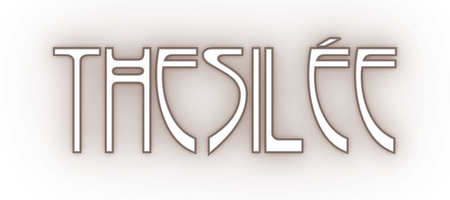O we once sailed the Atlantic and the wide Pacific sea,
working hard to earn some money that would feed a family.
Lived on rum and muddy water, salty pork and stone-like bread:
Fifty sailors and the Captain and Old Bess who was the cat.
We survived through cruel hardships, cold and scurvey and the lot,
till the day we got entangled with the mighty Ocean God.
And the seas would rage and ravage and we knew that we would die –
than a massive wall of water tossed us up into the sky.
There is many a ship that sinks, and all men must die,
but the »Solitude« she rose, and she ploughs the sky.
Give us a cheer as we steer through the clouds so high,
for the »Solitude«’s a brave ship, and she’s learnt to fly.
And we feared that we would tumble and crash down into the sea,
but instead of that, we drifted through the clouds so wild and free.
We found time to nurse our bruised, mend our sails and mourn our dead:
We twelve sailors and the Captain and Old Bess who was the cat.
Then we found the time to wonder why we lived, and where we were,
and we realized the »Solitude« was floating through the air.
And we felt forlorn and homeless, for the waves we could not spy:
For a sailor’s made for sailing, but he’s never meant to fly.
There is many a ship that sinks, and all men must die,
but the »Solitude« she rose, and she ploughs the sky.
Give us a cheer as we steer through the clouds so high,
for the »Solitude«’s a brave ship, and she’s learnt to fly.
So we drifted onward aimlessly, we knew not when nor where,
till we came upon a castle that was built into the air,
and we stood in shere amazement, and we wondered what was that?
– We twelve sailors and the Captain and Old Bess who was the cat –
Then out stepped a man with windy hair, and cloudy was his face,
telling us he was the Storm God, and he’d brought us to this place:
»I’m at war with brother Ocean, just in case you’ve wondered why,
and I’m bound to rage and ramble till all seas are running dry.«
There is many a ship that sinks, and all men must die,
but the »Solitude« she rose, and she ploughs the sky.
Give us a cheer as we steer through the clouds so high,
for the »Solitude«’s a brave ship, and she’s learnt to fly.
And the God picked up the »Solitude« and held her in his hands,
said »You see, you’ve fallen victims to a war that never ends.«
Without a word we stared at him, all hungry, torn and wet:
We twelve sailors and the Captain and Old Bess who was the cat.
»I will keep this ship a trophy, with the four winds she will ride,
but I can’t imprison living men, so you’ve got to decide:
I can put you back to earth«, he said, »but once you leave the sky,
you will nevermore be sea-bound, and you nevermore will fly.«
There is many a ship that sinks, and all men must die,
but the »Solitude« she rose, and she ploughs the sky.
Give us a cheer as we steer through the clouds so high,
for the »Solitude«’s a brave ship, and she’s learnt to fly.
There were those who had a family, or a wife to call their own,
and there’s us who love the »Solitude« and won’t leave her alone.
We are creatures of the sky now, we are not alive nor dead:
There is me, and there’s the Captain, and there’s Bess who is a cat.
But sometimes we sit and wonder if we’ve chosen right or wrong,
as we roam the seas of heaven, but the wind will joing our song.
If a storm is drawing closer, than look up into the sky:
And you’ll catch a glimpse of »Solitude«, as she is sailing by.
Die Melodie dieses Liedes basiert auf einem Irischen Fiddlesong:
»King of the Fairys«, oder »Wind Dance«
Das Lied mit Akkorden als PDF
Das Lied im Chordpro-Format
Text und Melodie © 2002 by Thesilée
